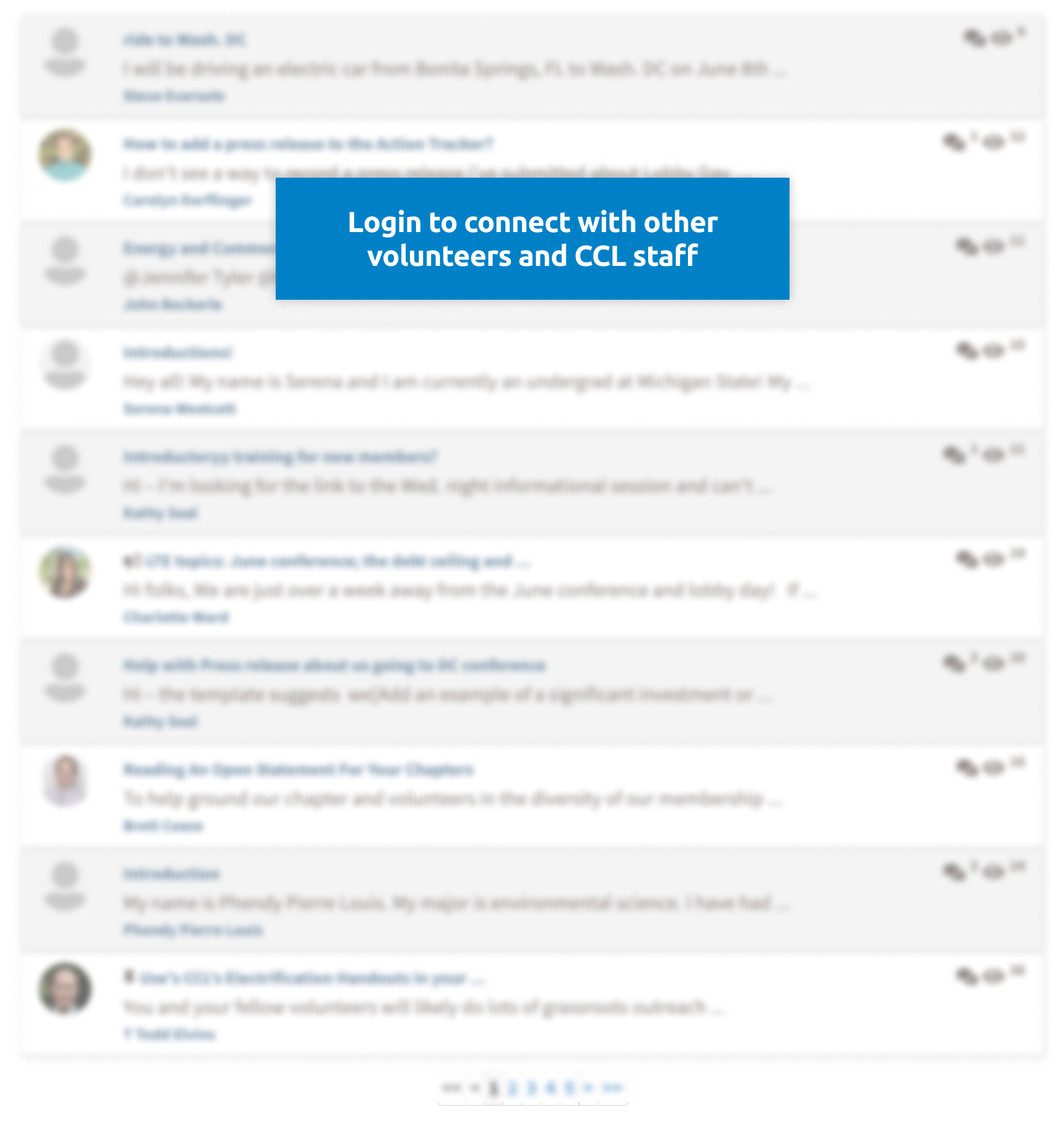Login
List of Events
Sort By Date
Starts:
02/02/2026 4:00pm PST
Starts:
02/02/2026 4:00pm PST
Starts:
02/02/2026 4:30pm PST
Starts:
02/02/2026 7:00pm PST
Starts:
02/03/2026 4:30pm PST
Featured Recent Discussion
